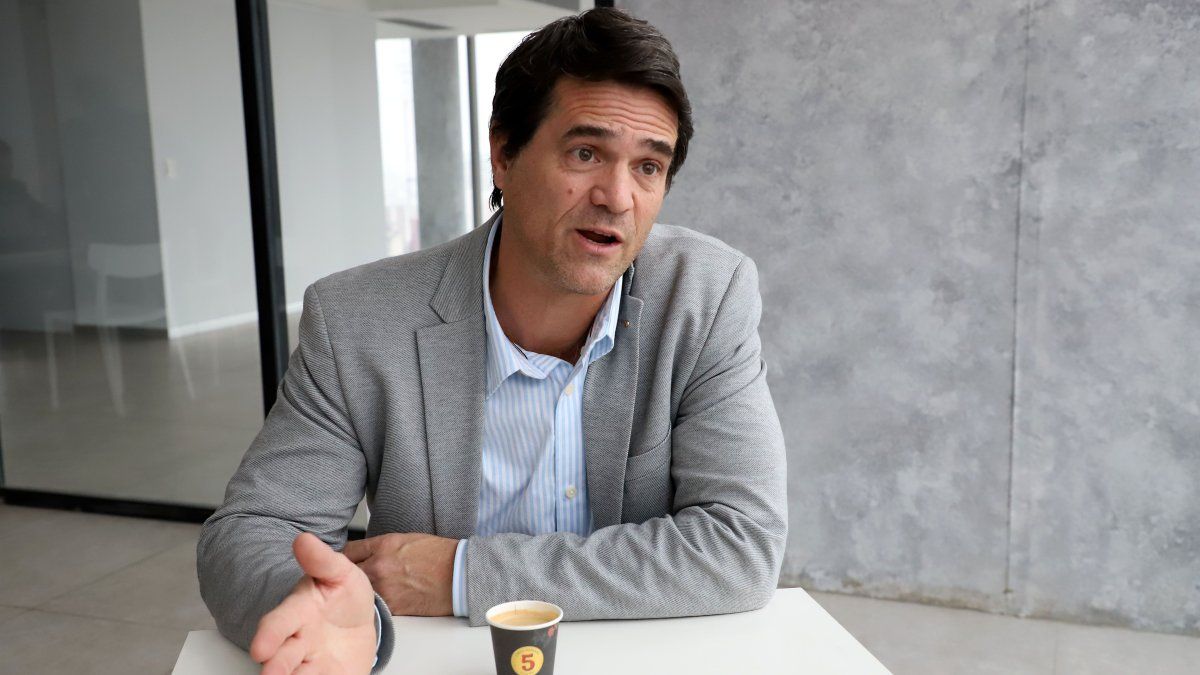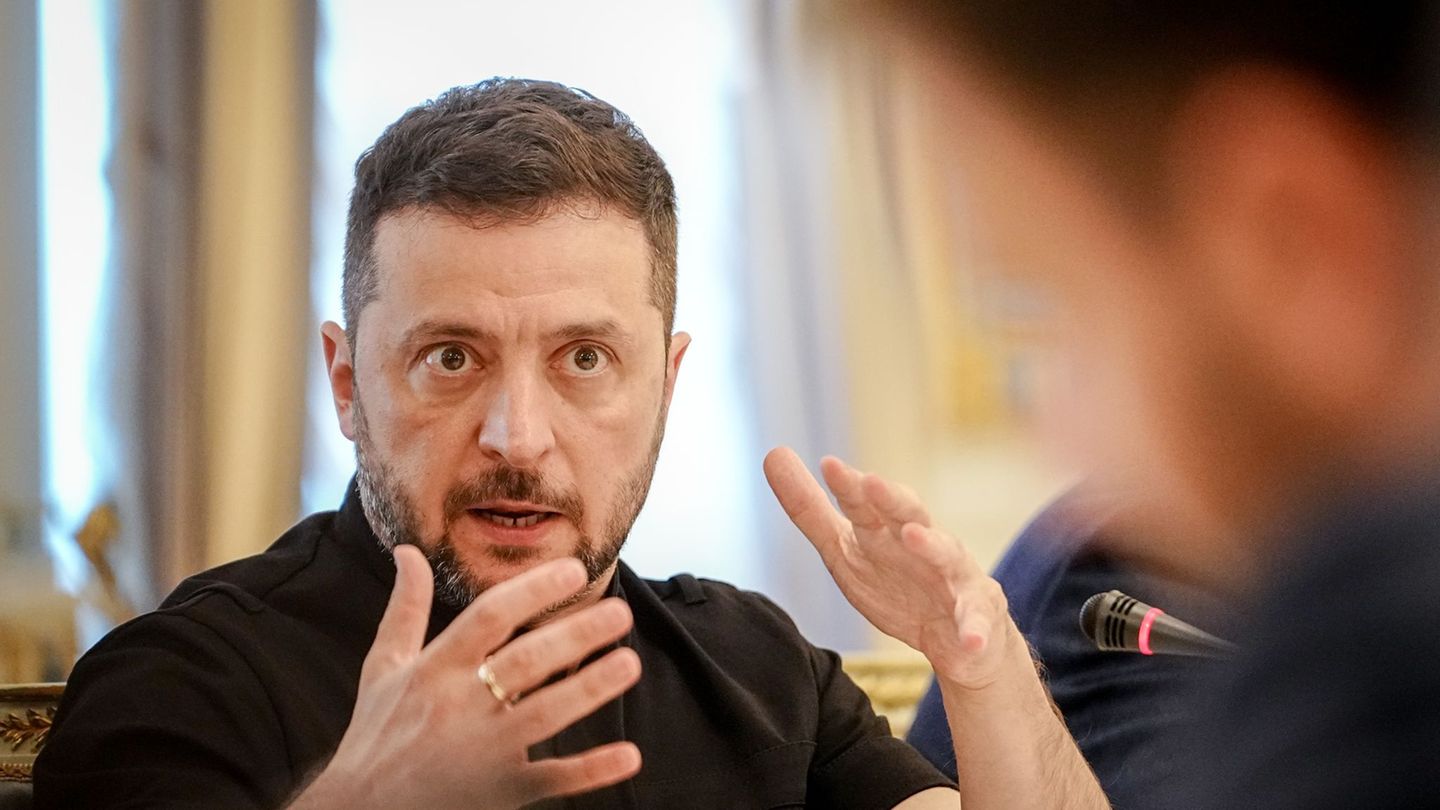Hyundai Argentina He lives a high growth 2025, but without losing sight of the structural challenges of the automotive market. In that sense, the CEO of the brand in the country, Ernesto Cavicchioli, warns about the risk of opening The importation of used cars No regulation: “It would be like giving free way for anything. What happened in Peru or in northern Chile could be replicated here, and the impact would be devastating for the automotive park and for the industry.”
In tune, he recalled that countries like Japan They export discarde vehicles, many times with a right -hand wheel, which are then adapted at destination to circulate. “They are cars without minimal security controls, without ESP, without airbags, without emission standards. In Argentina that is regulated, but with those used we would open a door that goes against the user and the standard that cost so much to build,” He stressed in dialogue with this medium, after participating in one of the breads of the New Mobility event of the Cycle Debate Cycle.
Sales growth
The damage would not only be technical, but economic: “Today there are 15 million cars.Cavicchioli argued.
The warning comes in a strong expansion context for Hyundai: in the first semester of 2025, The brand grew by 600% in patents compared to the same period of 2024, a notable figure compared to the general market, which grew around 70%. The jump, he explained Cavicchioliresponds to the elimination of import quotas and the possibility of providing Brazil with products such as HB20 Hatch and sedan. “For the first time we have a competitive model in segment B. That puts us in another league,” he explained.
Asked about the possibility of manufacturing in Argentina, the manager was clear: “so that Hyundai Think of an industrial radiation, first you have to mature the volume. We have a base of more than 30 years in the country, but we are not manufacturers. That decision is strategic and is taken from KoreaHowever, he revealed that there are conversations with General Motors globally to share platforms and technologies, which could lead to a joint production scheme in the region. “Nothing is immediate, but they are dialogues that can open opportunities,” he acknowledged.
Cavicchioli also referred to the recent measures of the government of Javier Milei They impact the automotive business. It valued the release of the import market with 35%tariff, the elimination of the first scale of the internal tax and the reduction of the second scale from 54%to 22%. However, he raised a criticism of the hybrid and electric incentive system: “The top of $ 16,000 leaves outside many brands, including Hyundai. We had to get off the quota because we did not directly reach that price.”
Ernesto Cavicchioli CEO of Hyundai Argentina
Cavicchioli also referred to the recent measures of the Government of Javier Milei that impact the automotive business.
Mariano Fuchila
In his opinion, the solution would be to establish a benefit scheme according to type of technology (hybrid, electric, Mild Hybrid), without quotas or price restrictions, as is the case in Uruguay. “That would allow competing on equal terms between Chinese, Korean, Japanese or European brands. Today 95% of the quotas are being used by Chinese cars,” he said.
About the future, Cavicchioli It was optimistic but realistic: “What differentiates this stage from others that we live is the alliance with Brazil. That gives us stability, product predictability and lower risks in the face of exchange fluctuations. But we want a Hyundai that really grows, we need clear rules, less distortive taxes and a long -term industrial strategy. ”
The brand already prepares new novelties for the local market, including The 4×4 hybrid tucson and the future arrival of the Ioniq 5, one of the best -selling electric cars in the United States. However, the final price with a tax burden away from the average consumer: “With 35% and 22% of internal tax, that car ends up using more than $ 100,000”he detailed.
For now, Hyundai He will continue to bet on strengthening his network, consolidating his presence in segment B with Brazilian products and keeping alive the discussion about the role of importing automotive in a market historically dominated by terminated terminals. “We are used to playing with the rules that touch us. But the clearer, the better for everyone,” he concluded.
Source: Ambito




